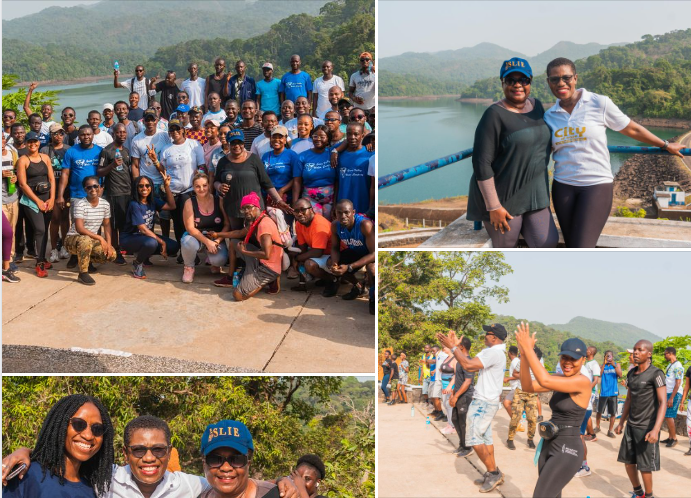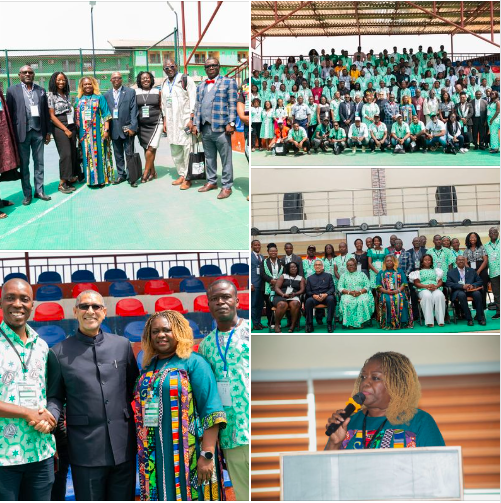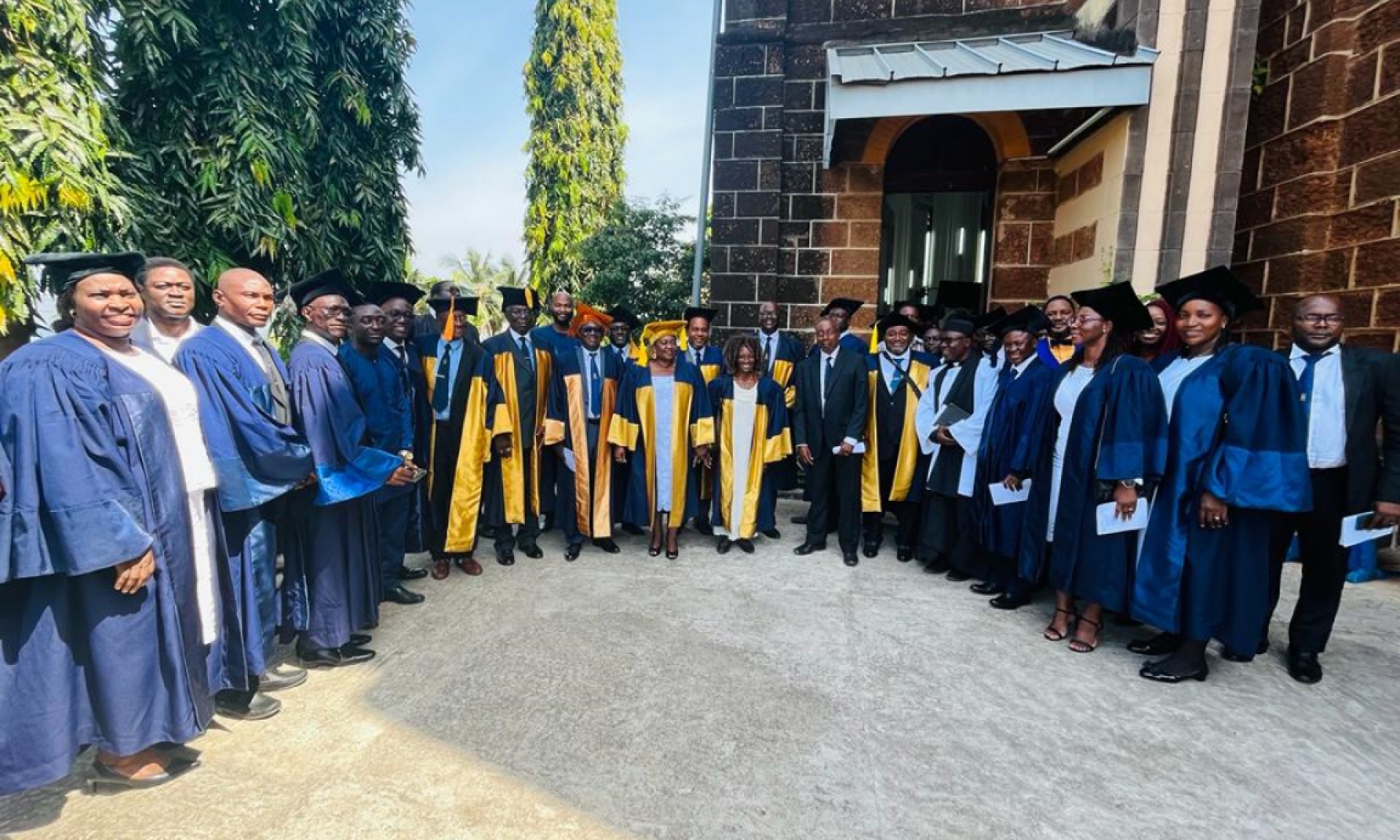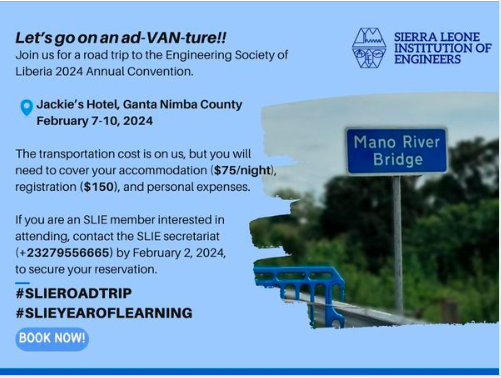The Sierra Leone Cement Corporation (LEOCEM) invited members of the Sierra Leone Institution of Engineers to visit the cement factory at Cline Town. The visit took place on Saturday 21st June at 10am with a cross section of SLIE members present.
The delegation was welcomed by Mr Modupe Taylor-Pearce, LEOCEM’s Business Development consultant and taken through a Health and Safety briefing by Mr Ken Sondai the HSE Officer. Mr Johansen, the Managing Director gave a brief history of LEOCEM and highlighted the activities of the organisation. This was then followed by a quick run-down of the operations of LEOCEM by the Works Manager.
The group was then taken on a tour of the cement production plant i.e. the mill, the control room, the bagging plant, the loading bay and the laboratory.
Highlights of the Visit
Sierra Leone Cement Corporation Ltd (LEOCEM) is one of 42 subsidiaries worldwide, of the Heidelberg group in Germany. Safety is paramount at LEOCEM and they observe both local and international safety regulations with the most stringent taking precedence.
In 1982, the factory opened with a small mill with production capacity of 50,000 tonnes; in 2005 another mill was added which increased their production capacity to 600,000 tonnes. The factory produces 32.5R (normal loading) and 42.5R (heavily loaded structures) cement.
As Sierra Leone does not have the raw materials required for cement production, the clinker, limestone and gypsum required are all imported. The only raw material obtained locally is the quarry dust, which is used in the production of the 32.5R cement. As 42.5R requires finer particles, quarry dust is not used in its production.
The operations at Leocem start from the heat processing stage, where all the raw materials are mixed, which is controlled from a control room. The factory is run by mostly indigenous Sierra Leoneans with 90 full time employees and over 300 contractors. The laboratory test the quality of raw materials and finished products to ensure that the cement produced meets international standards.
After the walk around the site, delegates were treated to lunch during which there was a question and answer session.
In conclusion, the visit was educative and interesting. All the delegates were impressed with the reception and the operations. The fact that the factory is run by indigenous Sierra Leoneans with the exception of the MD and the Works Manger hit a high note with all delegates.
Members from the executive council of SLIE expressed that SLIE will be engaging LEOCEM in the not too distant future, for the development of Sierra Leone standards in collaboration with the standards bureau and for training schemes for young Engineers.
The FBC students thanked the LEOCEM team for an insightful and educational visit; they also expressed their interests in any graduate training opportunities. The LEOCEM team were very receptive of this and assured the graduates that they would be trained well if they are ready to learn and work hard.






